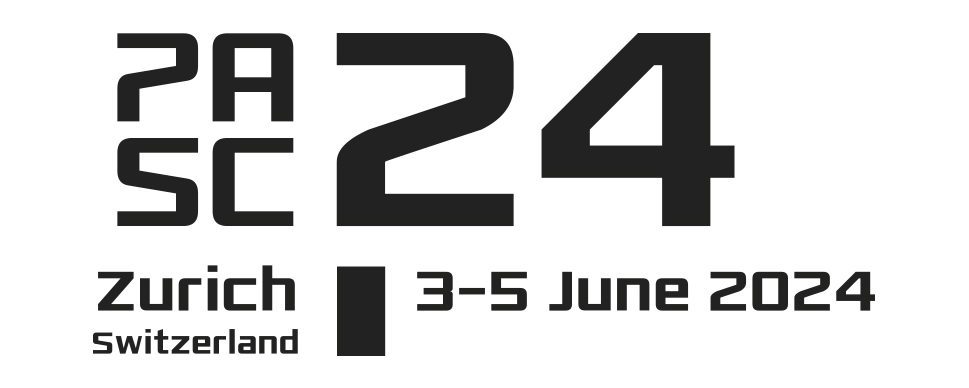Presentation
Best Practices for Performance, Portability and Inclusivity
Presenter
DescriptionApplication developers and scientists from different fields relying on HPC struggle to prepare their codes to run efficiently, even on current leadership computer systems. Some of the challenges they face are well known (e.g., parallelization inefficiencies caused by synchronizations, load imbalance, or communication patterns). Other constraints/inefficiencies arise from new computing paradigms (e.g., how to manage input/output when dealing with big data) and the heterogeneity of computing resources (e.g., when/how to efficiently exploit an accelerator).
We will share patterns frequently found in parallel codes that lead to performance or portability loss and a set of recommendations and best practices to avoid these practices.
The proposed best practices are oriented to improve the codes' performance and maintain developer productivity and portability of the codes. These will be crucial in the exascale race to cope with the increasing complexity of applications and computer systems, deal with the variety of architectures and paradigms, and ultimately run efficiently in an exascale supercomputer.
We will share patterns frequently found in parallel codes that lead to performance or portability loss and a set of recommendations and best practices to avoid these practices.
The proposed best practices are oriented to improve the codes' performance and maintain developer productivity and portability of the codes. These will be crucial in the exascale race to cope with the increasing complexity of applications and computer systems, deal with the variety of architectures and paradigms, and ultimately run efficiently in an exascale supercomputer.
TimeTuesday, June 411:00 - 11:30 CEST
LocationHG D 1.2
Session Chair
Event Type
Minisymposium
Climate, Weather, and Earth Sciences
Applied Social Sciences and Humanities
Computational Methods and Applied Mathematics


